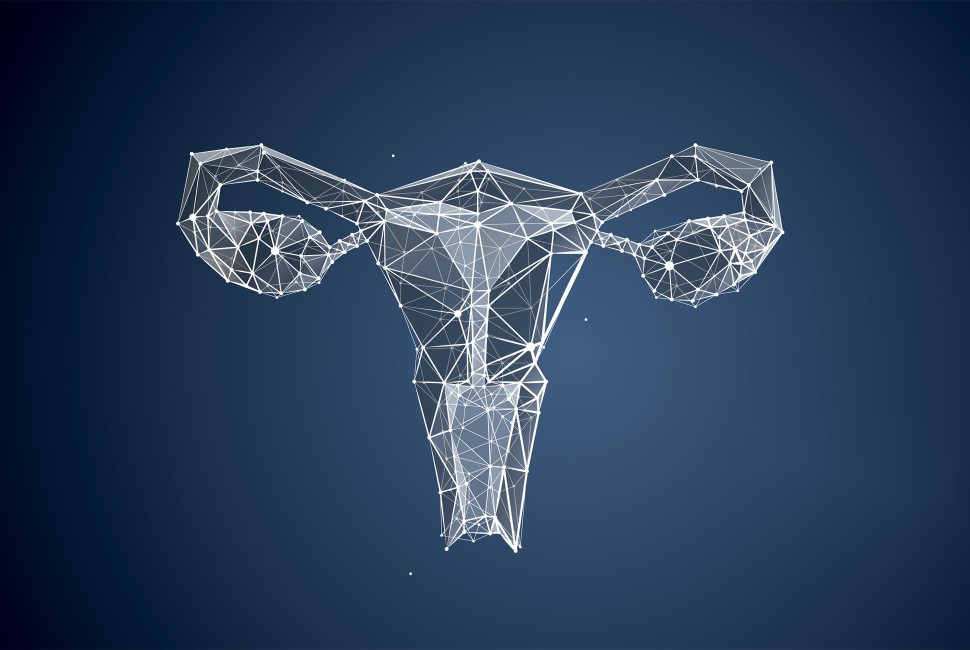Tag: Aging
-

Targeting Cardiovascular Aging to Reduce Disease Risk
Northwestern Medicine scientists have uncovered new insights into how the PAI-1 protein contributes to cardiovascular aging and how inhibiting PAI-1 may be a promising therapeutic approach for mitigating cardiovascular disease, according to recent findings published in The Journal of Clinical Investigation.
-

What Makes a SuperAger?
Over a quarter-century of research, Northwestern scientists have been studying individuals over eighty with memory capacity of people at least three decades younger, to identify the biological and behavioral traits associated with “SuperAging.”
-

New Molecular Mechanisms of Ovarian Aging Discovered
Investigators led by Francesca Elizabeth Duncan, PhD, have discovered new molecular mechanisms that enable specialized immune cells to cause ovarian aging and functional decline, according to a recent study published in PLOS Biology.
-

Reducing Unnecessary Care With Electronic Alerts
Clinicians who received alerts via electronic health records systems were less likely to give unnecessary care to older adult patients, according to a study published in the Annals of Internal Medicine.
-

Long-Lived Proteins Impact Aging of Female Reproductive System
For the first time, Northwestern Medicine scientists have identified a population of long-lived proteins in the ovaries which likely support the stability and longevity of the female reproductive system and may contribute to reproductive aging, according to a recent study.
-

Embryo’s Signaling Mechanism May Promote Healthy Aging, Combat Neurodegenerative Diseases
Northwestern investigators have identified a novel transcription factor which regulates a signaling mechanism utilized by a fertilized embryo to protect its mother from cellular and environmental stress, according to a recent study to published in the journal Genes and Development.
-

Human Longevity Lab Will Study Methods to Slow or Reverse Aging
Northwestern Medicine has launched the Human Longevity Laboratory, a longitudinal, cross-sectional study that will investigate the relationship between chronological age and biological age and validate interventions that may reverse or slow down the processes of aging.
-

New Cause of Neuron Death in Alzheimer’s Discovered
A new Northwestern Medicine study has identified short strands of toxic RNAs that contribute to brain cell death and DNA damage in Alzheimer’s and aged brains.
-

Study Discovers Novel Biomarker for Vascular Aging and Neurodegeneration
Decreased activity of a specific signaling pathway in the brain vessels of aging mice and humans was linked to a decline in vascular function and subsequent neurodegeneration, according to a recent Northwestern Medicine study published in the Journal of Clinical Investigation.
-

Evolving Telehealth Research and its Place in Healthcare Delivery
Since the COVID-19 pandemic thrust many providers into telehealth appointments, scientists have been asking questions about the benefits and concerns of telehealth. While telehealth was in use and gathering interest prior to the pandemic, the need for it accelerated during a time when people were encouraged to stay home.






